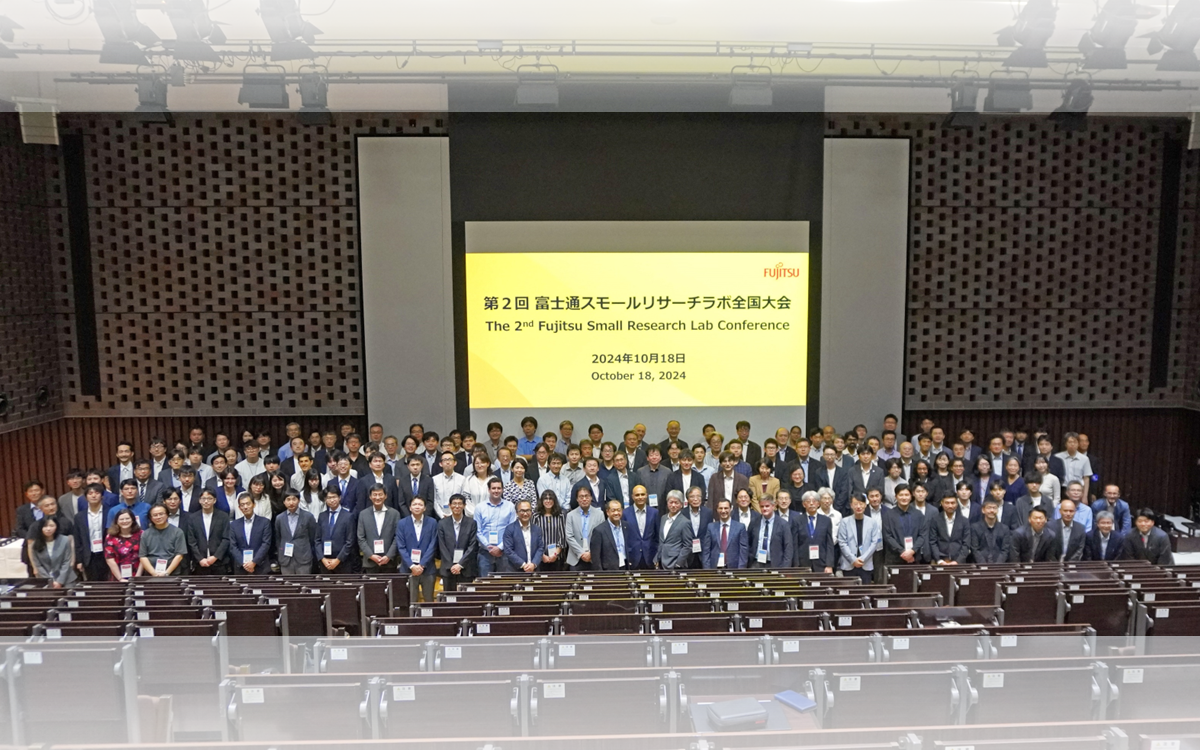
Everything changes. But usually, change doesn’t happen as quickly and fundamentally as it did in 2020. Throughout the upheaval, public sector departments have embraced digital transformation and shown they can be agile, fast moving and effective, to guide society through this period of extraordinary change.
But of course, while the process of digitalization is similar for public bodies around the world, nuances that determine the mode and speed of transformation are nationally specific. In the UK for example, 56% of public sector organizations cite cost and budget pressures as central to digital change, according to Deloitte.
In Canada, however, 64% of organizations undertake digital transformation with citizen demands as the major influential factor. Whereas Australia’s integration of public services is planned with consideration of Aboriginal populations and efforts are made to integrate services that were historically separate.
That said, there are unifying themes prevalent around the world. Namely, the need to overcome decision-making bureaucracy and legacy challenges, at the same time as enriching citizen and employee experiences.
In this article, we’ll look at how Fujitsu and ServiceNow have supported public bodies across all corners of the globe in digital transformation. In particular, we’ll show how we’re helping to lay the foundations for a progressive public sector – and a better society – in a post-pandemic world.
Maintaining trust and culture among dispersed workforces
COVID-19 has meant occupational health and frontline staff exposure are recognized as major issues in public discourse. Similarly, the events of the past year have placed the spotlight on organizations embracing remote working.
In both instances, workplace wellbeing is of the utmost importance meaning it’s more important than ever to put people first. This means keeping workers safe, supporting better mental health, and ensuring a work-life balance.
Creating a seamless and positive employee experience is central to this. For public bodies, this requires the right tools to inspire greater collaboration and the ability to monitor and maintain wellbeing across workforces.
For one major public sector organization in the UK, we helped drive cultural change across its user community and create a better service desk experience. This was essential to give operators the capacity to support people with critical services, at the same time as increasing efficiency and reducing costs.
It underlines that while technology is a great enabler it must be underpinned by an integrated, purpose-driven culture.
Find out how ServiceNow can improve productivity and support culture change here.
Integrating services and putting citizen safety first
Everyone has been through a lot since the start of the COVID-19 pandemic, so demonstrating empathy and understanding will be key to enriching citizen experiences.
Internationally, the integration of services also remains a major priority in the public sector. Efforts in healthcare, for example, are increasingly customer centric. By joining up the different patient interactions between medical and social infrastructure, this will ensure consistency and drive customer service efficiency.
We’re also seeing how data is being leveraged to uncover opportunities to improve services and cater to the needs of citizens, by supporting proactive, data-driven decisions. However, challenges arise when it comes to acquiring meaningful data and connecting the dots, as well as how to securely manage it across multiple locations.
But above all, public sector bodies must show they understand citizens and the new world we live in. The need for digital solutions will continue to grow, so automated and self-service solutions can help a citizen’s convenience as well as satisfaction.
One example is Finland’s University of Jyväskylä which serves 14,700 students and 2,600 staff every year. Technology plays a key role in enabling them all to learn, teach and manage effectively. However, the ITSM tool the university was reliant on was reaching end of life and was limited in how it processed and resolved the thousands of tickets generated every month.
Using Fujitsu and ServiceNow, the university got an extensible service desk platform that can scale with its digital transformation while also introducing functionality, such as natural language processing via AI. More crucially, we also played a pivotal role in helping the university to transition during COVID-19, whereby the technical challenges of remote learning and teaching caused a spike in demand for IT support, which was now easier to manage.
Find out how Service Now can support digital transformation in public sector here.
Overcoming decision-making bureaucracy and legacy systems
Bureaucracy remains a common complaint of public sector workers – and a criticism of their practice externally. But with the mass shift to remote working in the pandemic, public bodies have shown they can be agile, fast moving and effective. The challenge, however, is maintaining this momentum to usher in a new dawn for public services, with technology at its core.
Yet, despite these shifting mindsets and a willingness to embrace change, time and technical debt continues to be accrued as a result of attachments to legacy systems and processes. In response, the onus should now be on shaking the shackles and red tape, by embracing technology to break down silos and propel the sector forward.
Once again, data-driven decision making is the glue that can bring public bodies together, to ensure they’re reaching the same conclusions and unified by common goals. To this end, it’s vital the right people have access to the right data. Or, in other words, that data is democratized and decentralized, as explored in our recent research report, Fragile to Agile.
Progressive public sector bodies are already striving to eradicate outdated tools, unconnected systems, redundant data and manual processes. Technologies such as cloud computing, automation and AI, all offer ways to transform public services.
For one major public sector organization in Europe, its agencies were faced with navigating a plethora of different, outdated tools, spreadsheets and manual processes, with little integration between them. Call center staff and IT support teams used separate systems, which often resulted in information being duplicated or unavailable, and poor experiences being delivered to end users.
We helped the organization migrate to a single cloud-based toolset, with the capability to support multi-tenancy and different domains for the government departments that required separation of data. This resulted in seamless communications, better experiences for users, and greater efficiency, while taking out the high costs of maintaining a legacy system.
Discover public sector solutions from Fujitsu and ServiceNow
Today, the public sector has a prime opportunity to propel the sector forward and better serve the needs of citizens. Fujitsu and ServiceNow’s joint solutions can help you to seize the opportunity and make it a reality.
Above are a handful of examples where we’ve already supported the digital transformation of public sector bodies, each with specific needs and individual requirements. Get in touch today and together, let’s transform the public sector.












